Refine listing
Actions for selected content:
2326 results in Cambridge Elements
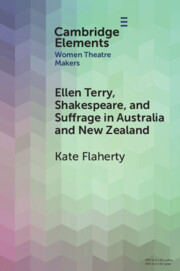
Ellen Terry, Shakespeare, and Suffrage in Australia and New Zealand
-
- Published online:
- 04 March 2025
- Print publication:
- 03 April 2025
-
- Element
- Export citation
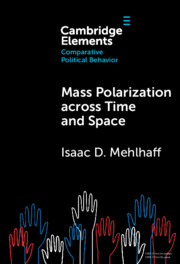
Mass Polarization across Time and Space
-
- Published online:
- 04 March 2025
- Print publication:
- 03 April 2025
-
- Element
- Export citation
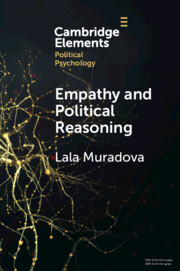
Empathy and Political Reasoning
- How Empathy Promotes Reflection and Strengthens Democracy
-
- Published online:
- 04 March 2025
- Print publication:
- 13 March 2025
-
- Element
- Export citation
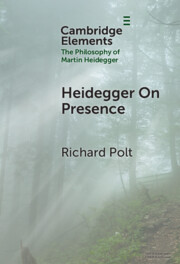
Heidegger On Presence
-
- Published online:
- 04 March 2025
- Print publication:
- 27 March 2025
-
- Element
- Export citation
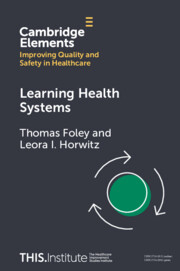
Learning Health Systems
-
- Published online:
- 03 March 2025
- Print publication:
- 03 April 2025
-
- Element
-
- You have access
- Open access
- HTML
- Export citation
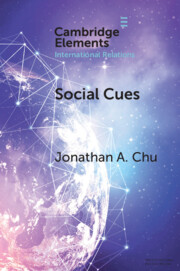
Social Cues
- How the Liberal Community Legitimizes Humanitarian War
-
- Published online:
- 03 March 2025
- Print publication:
- 27 March 2025
-
- Element
-
- You have access
- Open access
- HTML
- Export citation
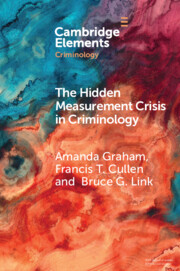
The Hidden Measurement Crisis in Criminology
- Procedural Justice as a Case Study
-
- Published online:
- 03 March 2025
- Print publication:
- 27 March 2025
-
- Element
- Export citation
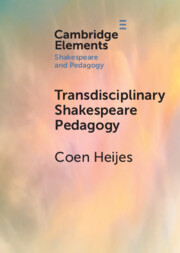
Transdisciplinary Shakespeare Pedagogy
-
- Published online:
- 28 February 2025
- Print publication:
- 27 February 2025
-
- Element
- Export citation
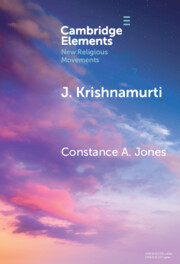
J. Krishnamurti
- Self-Inquiry, Awakening, and Transformation
-
- Published online:
- 28 February 2025
- Print publication:
- 27 February 2025
-
- Element
- Export citation
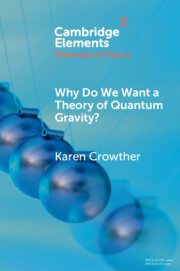
Why Do We Want a Theory of Quantum Gravity?
-
- Published online:
- 28 February 2025
- Print publication:
- 27 March 2025
-
- Element
- Export citation
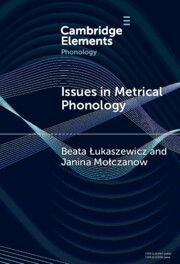
Issues in Metrical Phonology
- Insights from Ukrainian
-
- Published online:
- 28 February 2025
- Print publication:
- 27 February 2025
-
- Element
-
- You have access
- Open access
- HTML
- Export citation
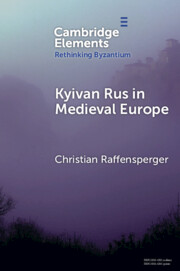
Kyivan Rus in Medieval Europe
-
- Published online:
- 28 February 2025
- Print publication:
- 27 March 2025
-
- Element
- Export citation
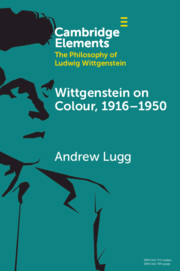
Wittgenstein on Colour, 1916–1950
-
- Published online:
- 26 February 2025
- Print publication:
- 06 March 2025
-
- Element
- Export citation
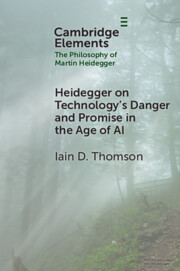
Heidegger on Technology's Danger and Promise in the Age of AI
-
- Published online:
- 26 February 2025
- Print publication:
- 20 March 2025
-
- Element
- Export citation

Will Heritage Save Us?
- Intangible Cultural Heritage and the Sustainable Development Turn
-
- Published online:
- 24 February 2025
- Print publication:
- 20 March 2025
-
- Element
- Export citation
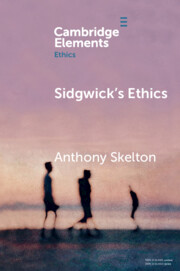
Sidgwick's Ethics
-
- Published online:
- 24 February 2025
- Print publication:
- 27 March 2025
-
- Element
- Export citation
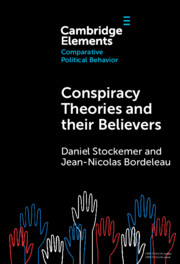
Conspiracy Theories and their Believers
- A Comparative Outlook
-
- Published online:
- 24 February 2025
- Print publication:
- 20 March 2025
-
- Element
- Export citation
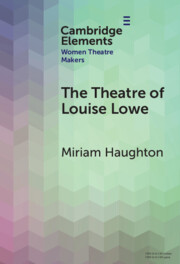
The Theatre of Louise Lowe
-
- Published online:
- 24 February 2025
- Print publication:
- 27 March 2025
-
- Element
-
- You have access
- Open access
- HTML
- Export citation
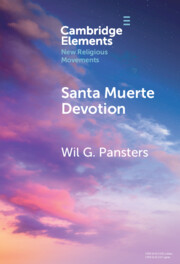
Santa Muerte Devotion
- Vulnerability, Protection, Intimacy
-
- Published online:
- 24 February 2025
- Print publication:
- 27 March 2025
-
- Element
- Export citation
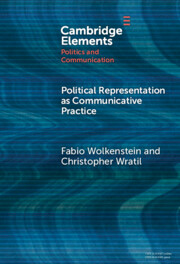
Political Representation as Communicative Practice
-
- Published online:
- 24 February 2025
- Print publication:
- 27 March 2025
-
- Element
- Export citation
